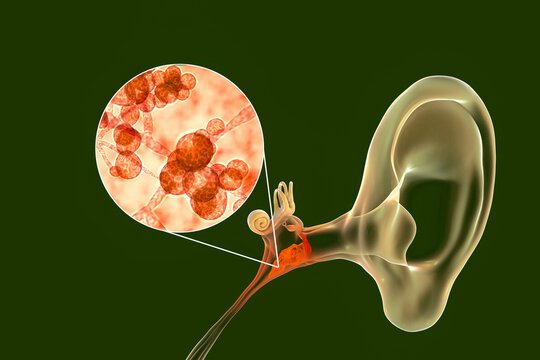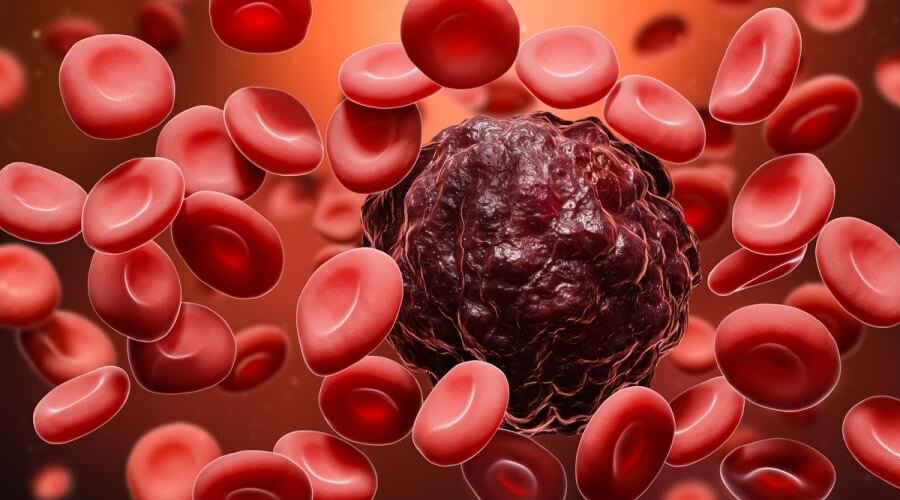Alzheimer’s disease is one of the most common forms of dementia, affecting millions of people worldwide. As the population ages, Alzheimer’s continues to be a growing concern. This progressive neurological disorder not only affects memory but also impairs cognitive abilities, behavior, and daily functioning. While there is no cure for Alzheimer’s, early detection and lifestyle changes can significantly slow its progression.
In this article, we’ll dive into what Alzheimer’s is, its causes, symptoms, and the best ways to potentially prevent it, along with treatment options available today. Whether you’re a caregiver, a concerned family member, or simply looking for information, this guide will provide you with the knowledge you need.
What is Alzheimer’s Disease?
Alzheimer’s disease is a neurodegenerative disorder that primarily affects older adults. It is characterized by the buildup of two proteins in the brain: amyloid plaques and tau tangles. These abnormal protein deposits interfere with normal brain function by damaging neurons and disrupting communication between them. Over time, this damage causes brain cells to die, leading to a decline in cognitive abilities.
Causes and Risk Factors
The exact cause of Alzheimer’s is not fully understood, but several factors are believed to contribute to its development:
• Age: The biggest risk factor for Alzheimer’s is age. The majority of cases occur in people over 65, and the risk doubles every five years beyond that age.
• Genetics: Having a family history of Alzheimer’s increases your risk. In some cases, mutations in specific genes can directly cause Alzheimer’s, though this form is much rarer.
• Lifestyle Factors: Poor heart health, lack of physical activity, unhealthy diet, and smoking are linked to a higher risk of developing Alzheimer’s.
• Head Injuries: Traumatic brain injuries, especially those that result in a loss of consciousness, can increase the likelihood of Alzheimer’s later in life.
Early Symptoms of Alzheimer’s
The early signs of Alzheimer’s are often subtle but become more noticeable over time. Recognizing the early symptoms is key to slowing the disease’s progression.
• Memory Loss: Forgetting recently learned information is one of the most common early signs. Individuals may ask the same questions repeatedly and rely heavily on memory aids.
• Difficulty Planning or Problem-Solving: People with Alzheimer’s may have trouble following plans, such as managing bills or recipes they used to handle easily.
• Confusion with Time or Place: Losing track of dates, seasons, and the passage of time is a common issue.
• Misplacing Objects: Individuals may place things in unusual places and be unable to retrace their steps.
• Mood and Personality Changes: Anxiety, depression, and irritability are early emotional symptoms of Alzheimer’s.
Prevention: Can Alzheimer’s Be Prevented?
While there is no definitive way to prevent Alzheimer’s, research shows that a combination of lifestyle changes may help reduce the risk. Here are some strategies that may promote brain health and help delay the onset of cognitive decline:
1. Regular Physical Exercise
Engaging in aerobic exercise can significantly lower the risk of cognitive decline. Studies show that exercise improves blood flow to the brain and promotes the growth of new neurons.
• Recommendation: Aim for at least 30 minutes of moderate physical activity, such as walking, swimming, or cycling, most days of the week.
2. Healthy Diet
The Mediterranean diet, rich in vegetables, fruits, whole grains, fish, and healthy fats (like olive oil), has been shown to benefit brain health. Antioxidant-rich foods, such as berries, green leafy vegetables, and nuts, may help protect the brain from damage caused by free radicals.
• Recommendation: Incorporate omega-3 fatty acids, found in fish and flaxseeds, into your diet, as they are believed to promote brain health.
3. Mental Stimulation
Keeping the brain engaged through learning and mental challenges can help build cognitive reserves. Activities like reading, solving puzzles, playing musical instruments, and learning new skills stimulate neural pathways.
• Recommendation: Regularly engage in activities that challenge your brain, such as playing chess or learning a new language.
4. Social Engagement
Maintaining strong social connections is crucial for mental well-being. Isolation and loneliness are associated with a higher risk of cognitive decline.
• Recommendation: Stay connected with friends and family, join social groups, and participate in community activities.
5. Quality Sleep
Poor sleep patterns are linked to an increased risk of Alzheimer’s. During deep sleep, the brain clears out toxins, including amyloid plaques that are associated with Alzheimer’s.
• Recommendation: Aim for 7-9 hours of quality sleep per night and seek treatment for sleep disorders like sleep apnea.
Treatment Options for Alzheimer’s
While there is currently no cure for Alzheimer’s, several treatments aim to slow its progression and manage symptoms.
1. Medications
The U.S. Food and Drug Administration (FDA) has approved medications such as donepezil, rivastigmine, and memantine to treat symptoms of Alzheimer’s. These drugs can help with memory, cognition, and behavior in the short term but do not stop the disease’s progression.
2. Cognitive Therapy
Cognitive therapy involves activities that challenge and engage the mind. These therapies can help improve cognitive function and quality of life, particularly in the early stages of Alzheimer’s.
3. Alternative Therapies
Some individuals may seek alternative treatments such as acupuncture, herbal supplements, or aromatherapy to alleviate symptoms like anxiety and agitation. However, it’s essential to consult with a healthcare provider before starting any alternative therapies.
4. Support for Caregivers
Caregiving for someone with Alzheimer’s can be emotionally and physically draining. Support groups, counseling, and respite care can help caregivers manage stress and maintain their own well-being.
Conclusion: Taking Steps Towards Brain Health
Alzheimer’s is a devastating disease, but early intervention and lifestyle changes can make a significant difference in quality of life. By incorporating regular exercise, maintaining a healthy diet, stimulating your brain, and staying socially engaged, you can reduce your risk of developing Alzheimer’s and promote overall brain health. If you or a loved one are showing signs of cognitive decline, it’s crucial to seek medical advice for a proper diagnosis and treatment plan.
Sources:
1. Alzheimer’s Association: https://www.alz.org
2. Mayo Clinic – Alzheimer’s Disease: https://www.mayoclinic.org
3. National Institute on Aging: https://www.nia.nih.gov





